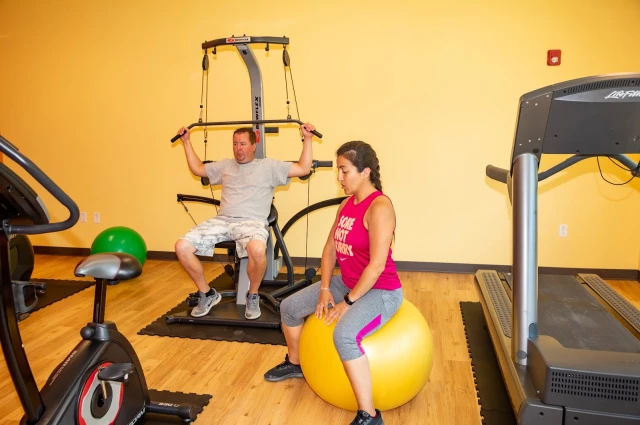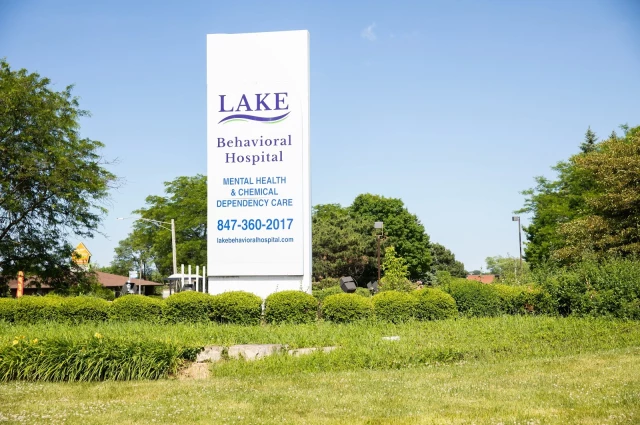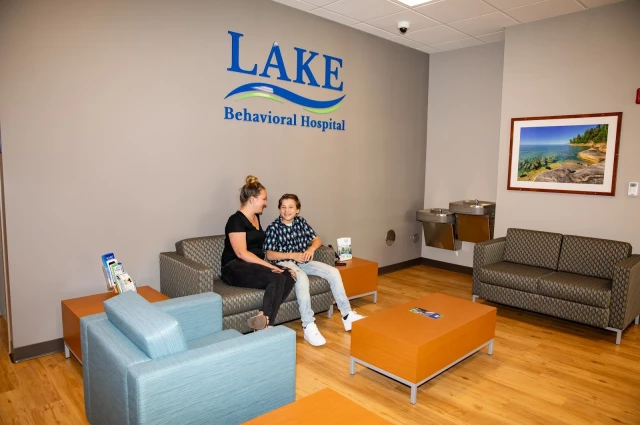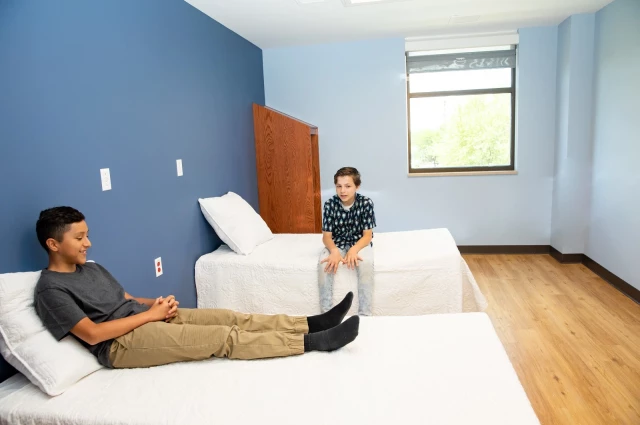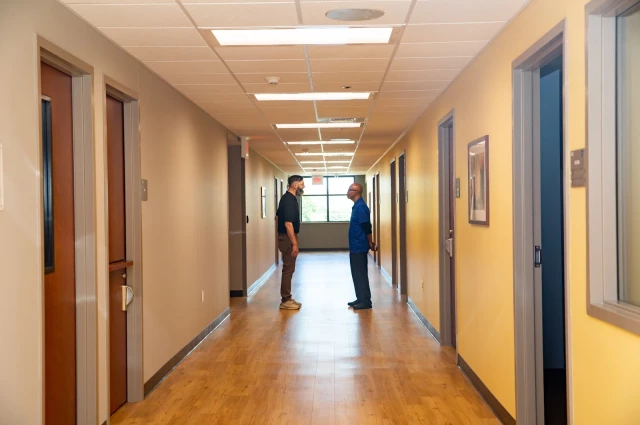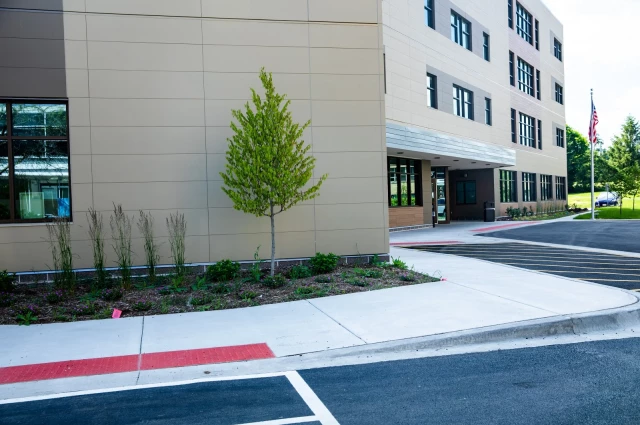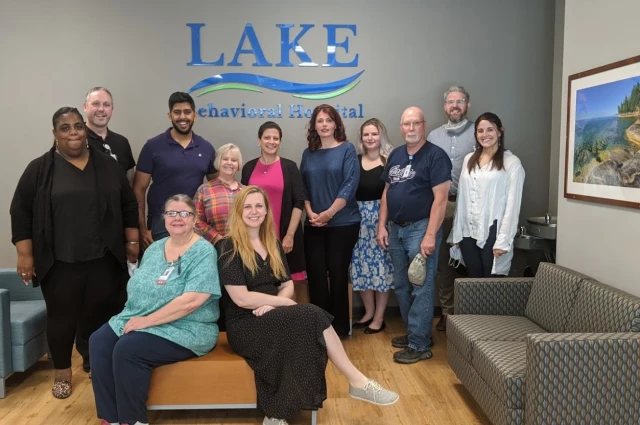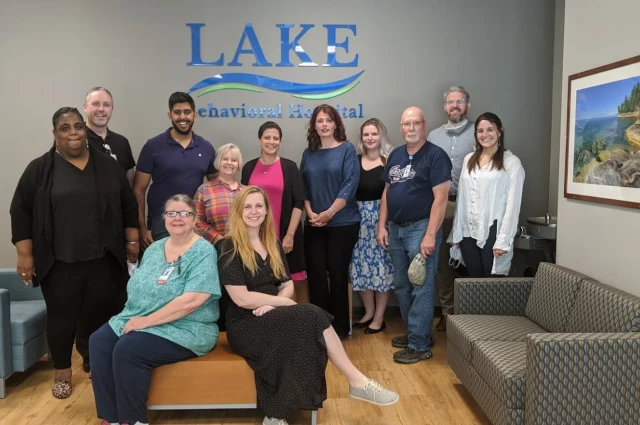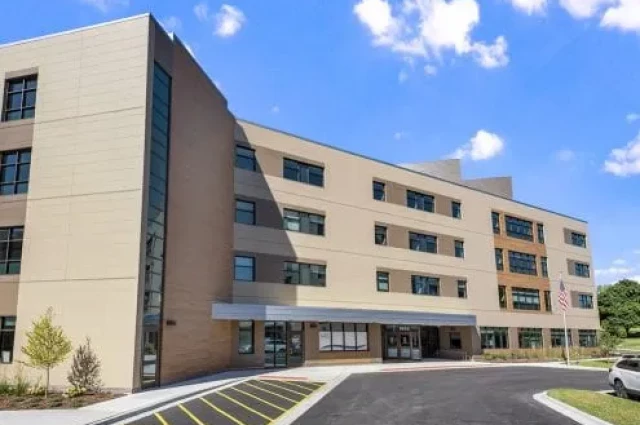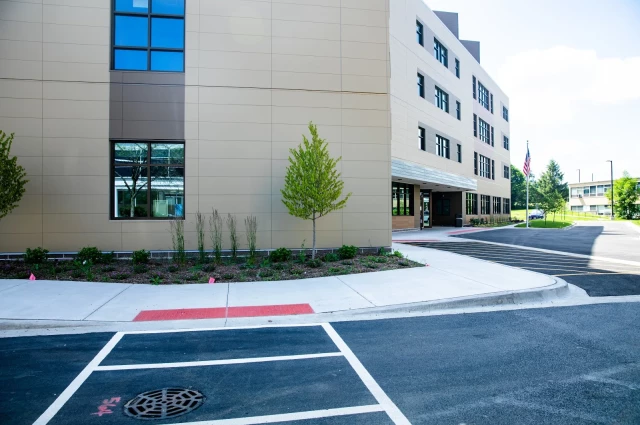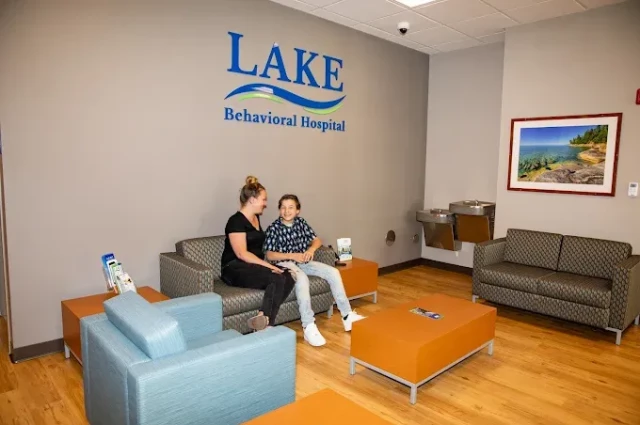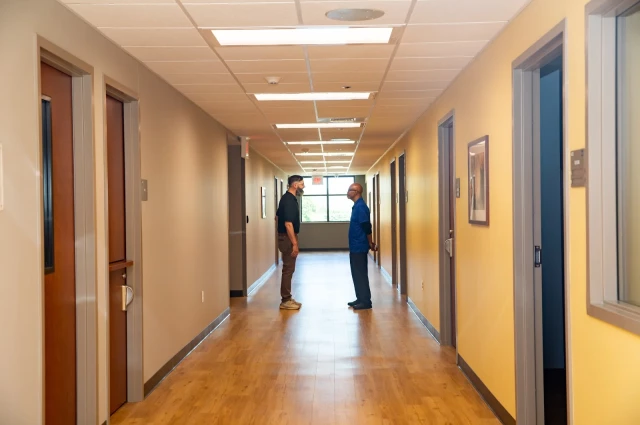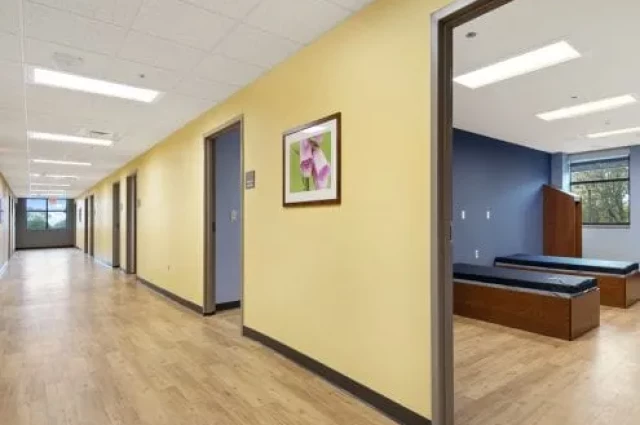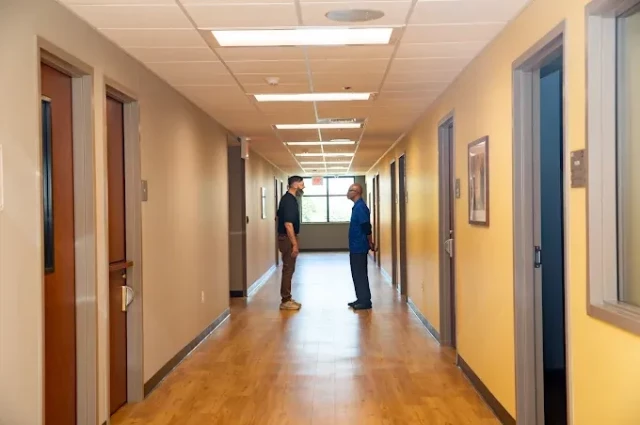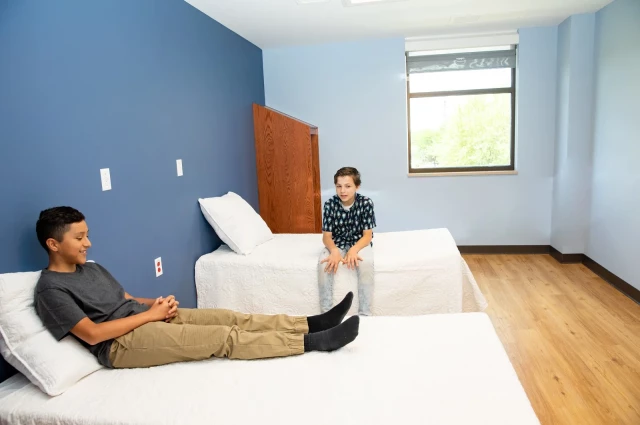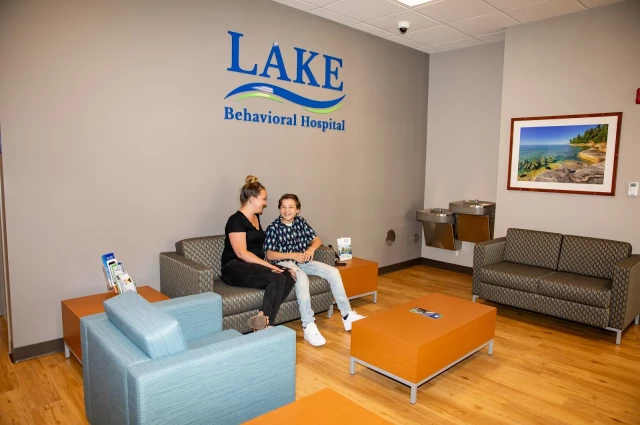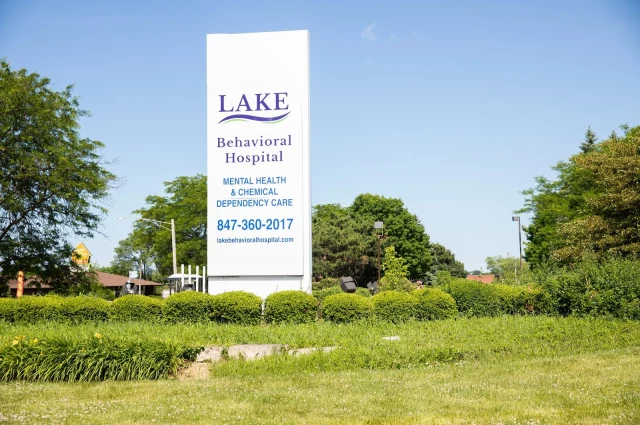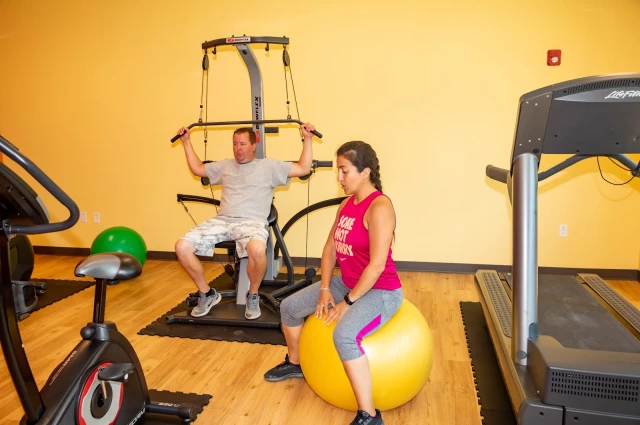Lake Behavioral Hospital Information
Treatment
Who We Treat
- Teens / Adolescents
- Young Adults (18–25)
- Adults
- Seniors/Older Adults
- Adolescents
- Older Adults
- Male and Female
Treatment Focus
- Depression
- Adolescents
- Drug Addiction
- Trauma
- Older Adults
Approaches
- Individual Treatment
- Evidence-Based
- Medical
- Family Therapy
- Group Therapy
- Trauma Informed
- Cognitive Behavioral Therapy (CBT)
- 1-on-1 Counseling
- Art Therapy
Conditions We Treat
- Depression
- Anxiety
- Bipolar Disorder
- Post Traumatic Stress Disorder (PTSD)
- Grief & Loss
- Trauma
- Psychosis/Schizophrenia
- Suicidal Thoughts
- Schizophrenia
- Grief and Loss
- Suicidality
- Stress
- Bipolar
- Co-Occurring Disorders
Substances We Treat
- Alcohol
- Benzodiazepines
- Prescription Drugs
- Heroin
- Opioids
- Methamphetamine
- Marijuana/Cannabis
Languages
- English
- Spanish
Aftercare
- Discharge Planning
- Relapse Prevention Planning
- Intensive Outpatient Program
- Outpatient Treatment
- Continuing Care
Level of Care
- Outpatient
- Intensive Outpatient Program (IOP)
- Day Treatment
- Aftercare/Continuing Care
Experience
On-Site Amenities
- Lounge
- Fitness Center
Personal Amenities
- Private or Shared Rooms
- Air-Conditioned Rooms
On-Site Activities
- Yoga
Special Considerations
- Wheelchair Accessible
- Clients Who Have Experienced Domestic Violence
- Family Program
- Gender-specific groups
- Transition Program
- Healthy Meals are provided
Smoking and Vaping Policy
- Smoking Allowed in Designated Areas
- Vaping Allowed in Designated Areas
Accreditations
-
State department of health
Government agencies issue State Licenses, granting permission to rehabilitation organizations to conduct their business operations lawfully within specific geographic regions. Generally, the particular rehabilitation programs offered by a facility and its physical location dictate the necessary licenses needed for legal operation.

-
The Joint Commission
The Joint Commission's addiction and behavioral health accreditation signifies a facility's commitment to high-quality care. It involves rigorous evaluations and assessments of clinical practices, ensuring effective, evidence-based treatment. Accreditation showcases a dedication to continuous improvement and patient safety, instilling trust among patients, families, and healthcare professionals. It's a mark of excellence in addiction and behavioral health care.

Lake Behavioral Hospital Accepts The Following Insurance Plans
Find the best treatment options. Call our free and confidential helpline today!
